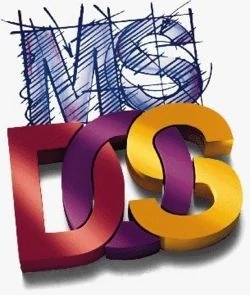 The capital letters in GOG.com don’t stand for anything anymore, but when the digital storefront first launched in 2008, the acronym stood for Good Old Games and was meant to shine a spotlight on the company’s retro focus. In the decade-and-a-half since, GOG has positioned themselves as a competitor to Steam, often selling the same AAA titles that appear on Valve’s storefront. But their desire to be a destination for retro gaming never really went away, and earlier this month the company unveiled the GOG Preservation Program.
The capital letters in GOG.com don’t stand for anything anymore, but when the digital storefront first launched in 2008, the acronym stood for Good Old Games and was meant to shine a spotlight on the company’s retro focus. In the decade-and-a-half since, GOG has positioned themselves as a competitor to Steam, often selling the same AAA titles that appear on Valve’s storefront. But their desire to be a destination for retro gaming never really went away, and earlier this month the company unveiled the GOG Preservation Program.
The GOG Preservation Program is a new initiative that’ll attempt to ensure that “classic games remain playable on modern systems, even after their developers stopped supporting them.” To accomplish this, GOG has pledged to “commit [their] own resources to maintaining compatibility with modern and future systems” for games in the program. These updates can include everything from testing whether or not a game is supported in Windows 10 and 11, all the way to fixing bugs that have existed for decades (just look at these Patch Notes on a classic Resident Evil Bundle).
But why are they doing this? I’ll let GOG’s Arthur Dejardin explain:
Across my desk sits someone who describes his personality as a carbon copy of Squall’s from FF8. Another colleague told me he became a financial controller because he played so much Tropico as a kid. I love rainy days because they gave me the perfect excuse to play The Legend of Dragoon for the entire afternoon back in the day.
Games shaped us. Being able to play them is an essential part of reconnecting with ourselves. They must stay accessible, playable, and alive.
Unfortunately, the classic PC games market is in a sorry state. It’s too tiny for leading platforms to give it any attention. Classic releases often get the sell-it-and-forget-it treatment, and as time goes on and technology evolves, compatibility issues arise and remain unaddressed. Head to one of the massive platforms to buy a classic game and try to play it on your Windows 11 machine: You’ll stand disappointed.
We believe that maintaining these games as compatible and playable will allow you to keep our shared history alive, reconnect with yourself, and pass on your legacy.
It is incredible to see a company dedicate themselves to game preservation like this. As of today, more than 100 games are part of the GOG Preservation Program, but the storefront hopes to add many more to the program in the future. And like all the games on their virtual shelves, the titles in the GOG Preservation Program will be available to download without DRM.

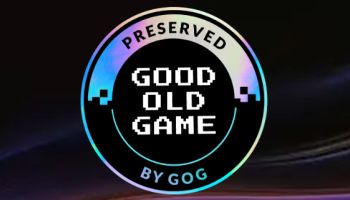
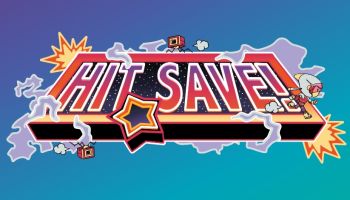
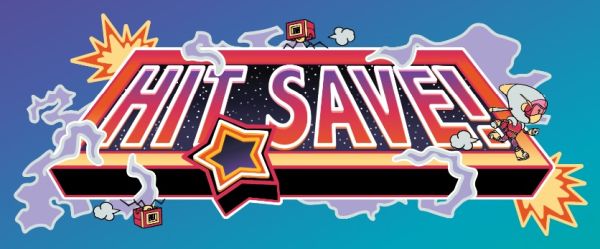

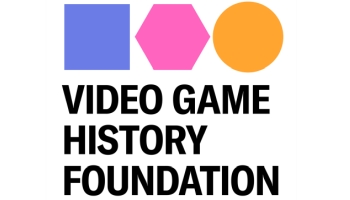

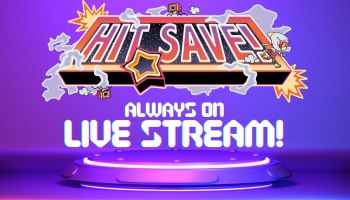





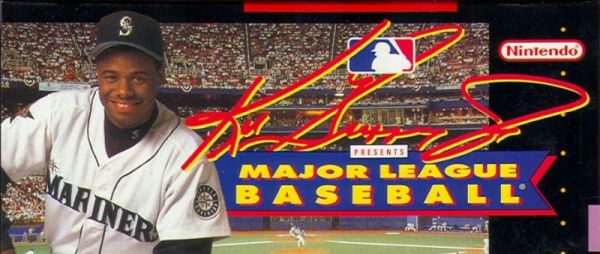
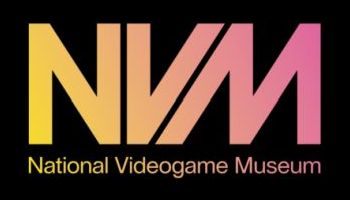
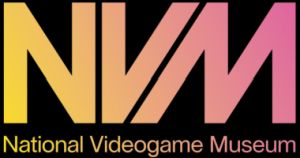 The National Videogame Museum, located in Sheffield in the United Kingdom, has launched the Videogame Heritage Society, a new video game preservation initiative that will bring together a network of libraries, museums, and collectors.
The National Videogame Museum, located in Sheffield in the United Kingdom, has launched the Videogame Heritage Society, a new video game preservation initiative that will bring together a network of libraries, museums, and collectors.